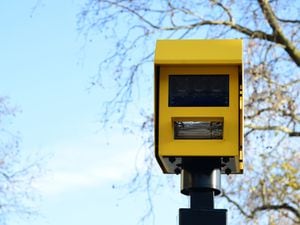London ‘not ready’ for driverless vehicles revolution, committee warns
Transport for London told it needs to do more to prepare for autonomous cars, with one vehicle expert suggesting a redesign of the road network may be in order
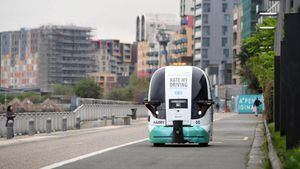
London is not prepared for the arrival of driverless cars and must act now, the government has been warned.
The London Assembly’s transport committee – made up of MPs that scrutinise legislation –today blasted Transport for London (TfL) for its failure to prepare for the upcoming surge of connected and autonomous vehicles (CAVs).
Speaking in the capital, David Wong, senior technology and innovation manager for the Society of Motor Manufacturers and Traders (SMMT), even suggested that a redesign of the city’s road network may be in order to “get the best” out of autonomous tech.
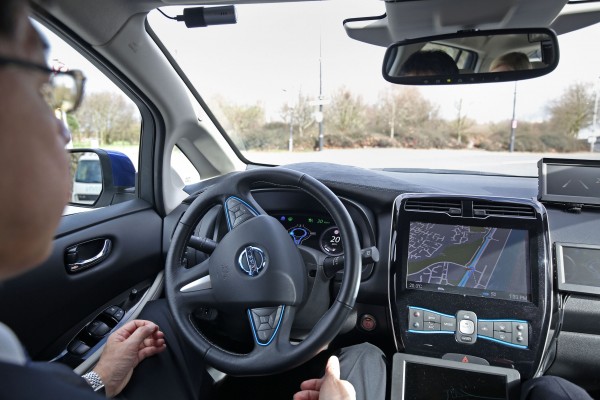
The government has earmarked 2030 as the start of mass CAV roll-out but the committee has said that not enough steps have or are currently being taken to make sure their introduction doesn’t bring a damaging impact.
A report released today by the committee suggested that, at the current rate, the introduction of CAVs could cause more congestion and add pressure to the already stretched transportation infrastructure of London.
Chairman Keith Prince said: “The opportunity to improve mobility for millions is here but it will require proper planning, transparency and accountability, as well as cooperation with government, boroughs and development companies.”
He has even warned, with the rate technology is currently advancing, driverless cars could hit the roads sooner than anticipated.
Nevertheless, the chairman hailed the new tech, saying it could result in safer roads and, if used properly, could mean less congestion – with more shared rides, which the committee names as TfL’s “most effective strategy”.
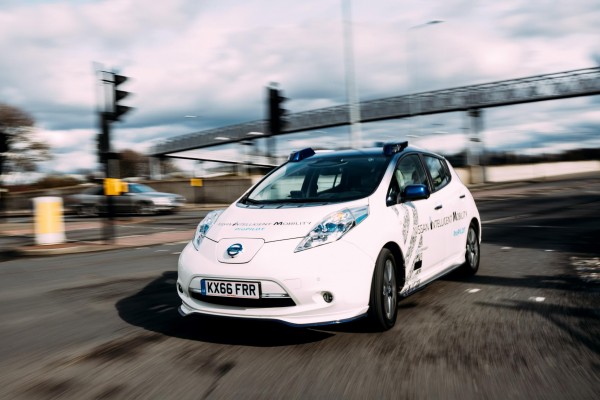
“Autonomous cars don’t take up as much road space as other vehicles,” he said.
“This is because, they can drive closer together (as they talk to each other).
“CAVs will also make the roads safer by eliminating human error – this is the greatest cause of accidents. They will drive on the roads without emotion and without distraction.”
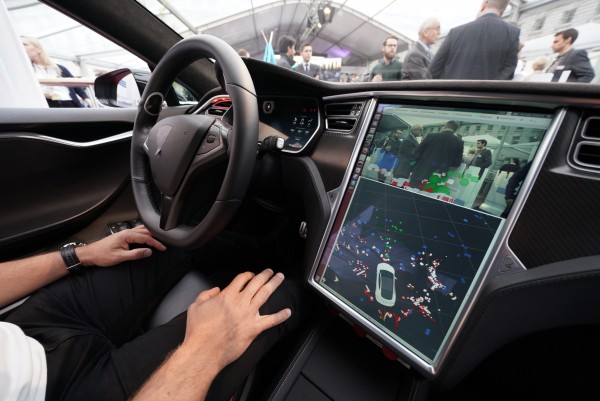
Michael Hurwitz, director of transport innovation at TfL, said: “This report outlines the challenges that all cities across the UK, including London, face when considering how transport will operate in the future. We work with a wide range of tech companies around the world to support and learn from innovation that could improve transport across London.
“As part of the Mayor’s Transport Strategy, many of these elements are already being considered and TfL is involved in a number of pilots and initiatives to help ensure that any introduction of new technology such as autonomous vehicles and drones is safe, environmentally-friendly and consistent with our focus on walking, cycling and green public transport.”
The debate over decisions autonomous cars will have to make was also touched upon by Dr Debbie Hopkins, a transport studies expert at the University of Oxford. These decisions could include what to do in an emergency.
She said: “These technologies will need to make decisions on their own.
“For example, how close should they get to cyclists? Who will have right of way?
“But these decisions will need to be pre-programed into the car’s code, so who should do this?
“It is a difficult question, but it should not be by the developers.”

